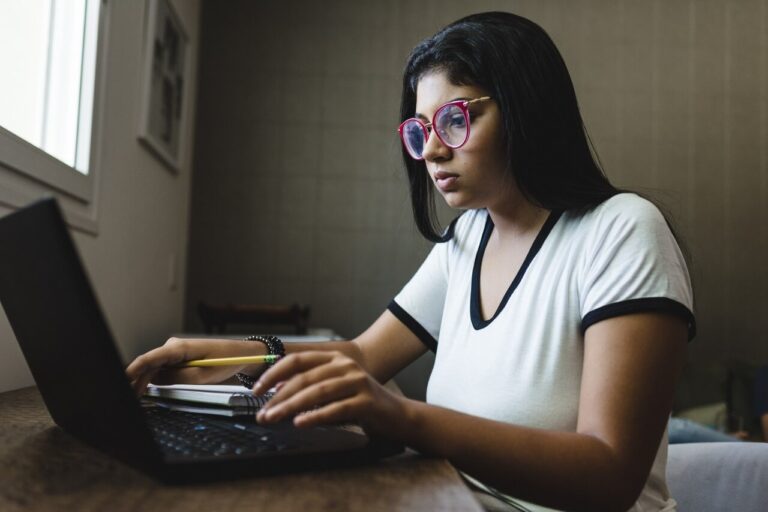COVID-19 pandemic imposed an unseen situation on the Brazilian educational system: the need to adapt to remote learning. The Lemann Foundation, Itaú Social, Imaginable Futures, and Datafolha decided to conduct a series of surveys with caregivers and students to understand their thoughts and feelings about the situation.
Our goal with this study is to map students’ possible difficulties, such as content and connectivity access, motivation, and other emotional aspects, as well as caregivers’ perceptions of the quality of learning.
The research is still ongoing, but results are being released in waves. The first interviews were conducted in May 2020, and more than 1,000 caregivers were randomly contacted via phone.
At that time, 74% of public school students were receiving any activity from their schools. Attendance was high, mainly because such materials were being made available via different media — digital platforms, printed material, videos, and even radio and television.
Internet access (23%) was the main issue towards remote learning, followed by content difficulties (20%), lack of devices (15%), and lack of interest (15%). During this first-batch of interviews, 54% of caregivers believed their kids were motivated. 31% were already concerned with their kids dropping out of school.
The second-batch of interviews was conducted in June 2020. Again, more than 1,000 caregivers contributed to the survey. This time, the researchers concluded the more students were in touch with teachers, the more they put effort into their studies.
Also, 61% of the interviewed families were having a hard time establishing a study routine at home. 87% of them were concerned about their kids getting infected with COVID-19 in case of school reopenings.
Finally, the third-batch has been released in July 2020 and surveyed a total of 1,056 caregivers and 1556 public school students.
Lack of motivation and difficulties to keep up with the routine were still the greatest challenges faced by the students. Also, 37% of them share devices to do their activities from home. Many students continue to use hybrid means of access to activities (mobile, desktop, and printed materials), but cellphones take the lead being the used device of 69% of students.
When asked about their emotions during the pandemic, the students said they feel anxious (64%) and irritated (48%) more than sad (41%) or overwhelmed (27%).
Turning to caregivers, the best actions for them to help the students are meeting online with teachers or talking to the teachers by any other means. Receiving printed guidelines, audio messages via cellphone and short written texts also helps.
Caregivers also present a high approval rate for extending the 2020 school year to 2021 (86%) and continuing activities at home alongside in-person classes (92%).
As we mentioned, this series of ongoing surveys aim to gain perspective into the Brazilian public education during the pandemic. The fourth-batch of this analysis is yet to be announced with new data and updates. Stay tuned!

